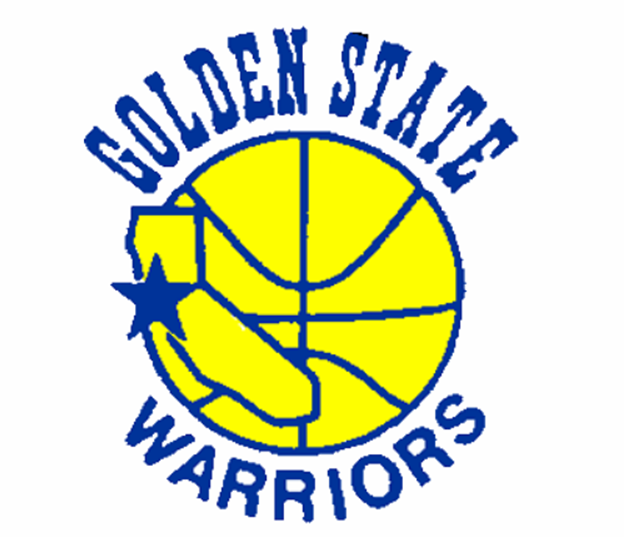So, the Golden State Warriors win an NBA title at last in part because they get a huge lift from someone who normally comes off the bench – namely Andre Iguodala.
That’s the same recipe the Warriors used to win their last NBA title, 40 seasons ago. Fans of professional basketball in Washington who were around back then need no reminders of that.
Four decades ago, the Warriors pulled one of the biggest upsets in the history of the NBA Finals, knocking off the heavily-favored Washington Bullets in four straight games.
Up to that point, it was just the third Finals sweep in league history. The series also marked another landmark – it was the first major sports championship contested by teams who were both coached by African-Americans – Golden State’s Al Attles and Washington’s K.C. Jones.
In retrospect, it’s easy to see how writers, fans and broadcasters considered the Finals a mismatch that season. Washington featured Hall of Famers Elvin Hayes and Wes Unseld, plus an All-Star in guard Phil Chenier and the NBA assist leader in Kevin Porter. The Bullets, just recently transplanted from Baltimore, had won three of the four meetings between the two during the regular season. They’d also won 12 more games (60-48) than the Warriors during the regular season.
Plus, Washington had done so while playing in the Eastern Conference, which was much tougher than the West that year – this was still five years before Magic Johnson came to Los Angeles and helped turn the Los Angeles Lakers into a dynasty.
In fact, the Bullets reached the Finals by knocking off a 60-win Boston Celtics team (John Havlicek, Dave Cowens, Jo Jo White, etc.) that was the defending champion. In the previous round, Washington had subdued a surprisingly tough 49-win Buffalo Braves team (yes, there was once an NBA team in Buffalo). The way most figured it, the Bullets had already done the heavy lifting.
Nobody had figured the Warriors for the Finals – including the people that operated the team’s arena. The format for the championship series in 1975 actually had to be changed because the Oakland Arena was booked for an ice show while the Finals were scheduled to be played. Washington opened with one game at home, played two on the road (at the Cow Palace, outside San Francisco) and then lost back home in Landover at the Capital Centre in Game 4.
It was a strange series from the start. Washington opened up a 14-point lead in the opener, a 13-point lead in Game 2 and a 14-point lead in Game 4 – and lost each time.
In what was a harbinger of things to come, Phil Smith came off the bench to score 20 points in 31 minutes to lead the Warriors to a 101-95 victory in that first game.
Strong bench play had been part the Warriors’ winning recipe all season. The same was true in the Finals. All series long, Attles got key contributions from his reserves, complementing the play of Rick Barry, one of the great forwards in league history. Barry averaged 29.5 points for the series and was named MVP.
Eight Warriors averaged at least seven points per game that season, which enabled Golden State to lead the league in scoring (108.5). All of them – including guard Charles Johnson, who played on the Bullets’ title-winning team three years later – helped create the kind of scoring depth that the Bullets just couldn’t match. The Warriors’ bench outscored the Bullets’ reserves in the series by a whopping, 147-61.
Washington was severely hampered when reserve guard Jimmy Jones, who’d been an All-Star in ABA, went down with a knee injury in the Eastern Conference finals against Boston. Jones had been a key contributor all year off the bench, running the offense when starting point man Kevin Porter needed a rest or got into foul trouble.
Then, too, reserve forward Nick Weatherspoon slumped badly in the Finals, which further limited the bench production. Weatherspoon had averaged 15 points per game in the six-game victory over Boston. He averaged a mere 4.0 points against the Warriors and simply couldn’t buy a basket, shooting 19 percent from the floor (5 for 26) in the four-game sweep.
As mentioned above, the Bullets raced out to leads of at least a dozen points in three of the four games in the series, but eventually the Warriors’ depth wore them down.
The sweep looked a lot worse than it was statistically – Washington lost two of the four games by a single point and was outscored by just 16 points over the entire series. But that was little consolation for Bullets fans, who harbored such high hopes after what remains – 40 years later – as the best regular season (60-22) in franchise history.

